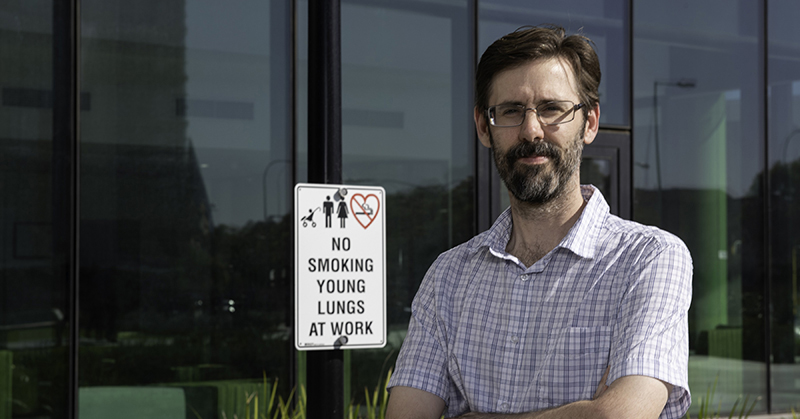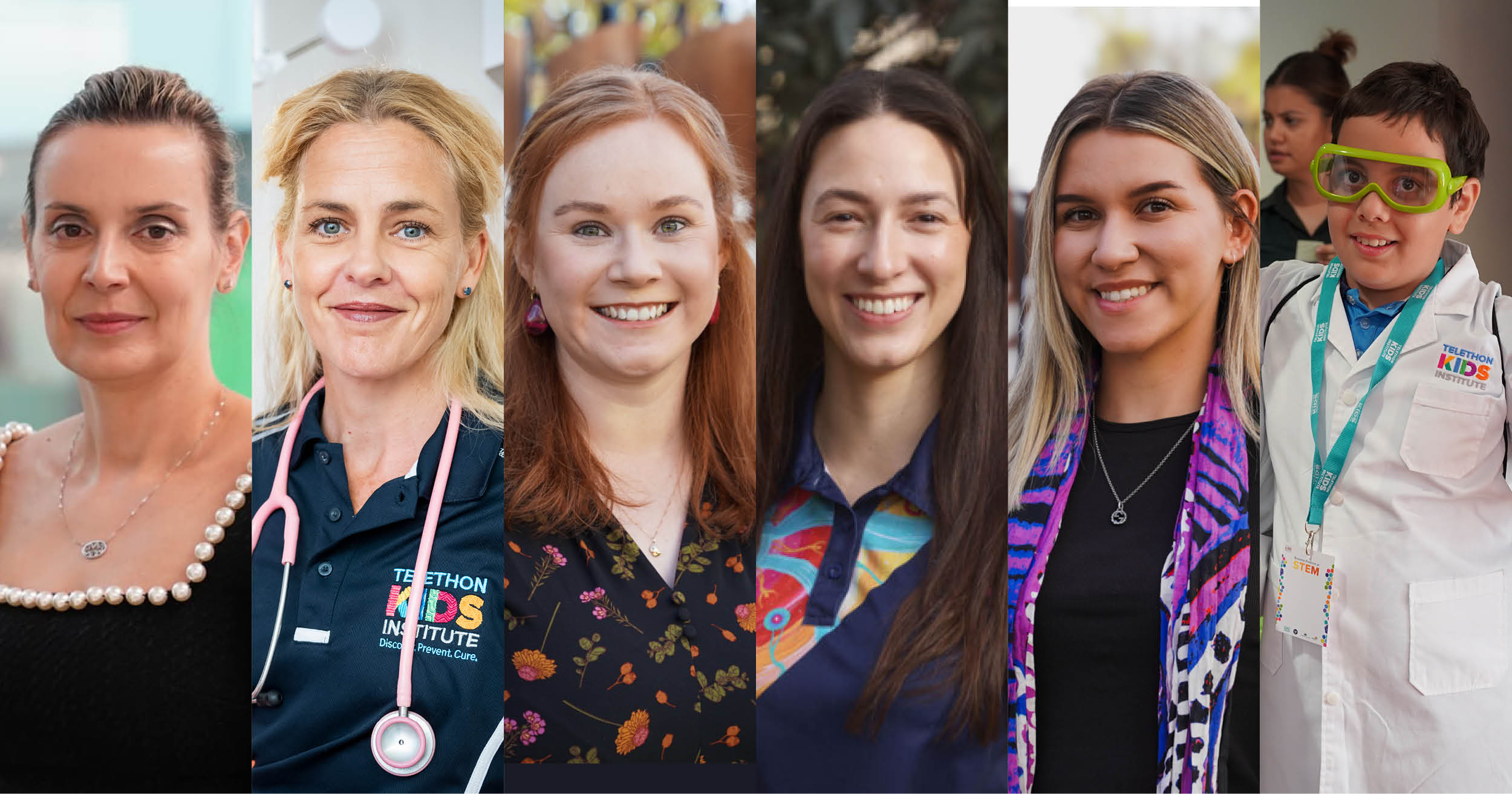Search

Dr Renee Ng, a microbiologist specialising in bacteriophage therapy – an alternative to antibiotics to fight antimicrobial resistance – will travel to the world’s premier conference on viruses, bringing new ideas, connections and expertise back to Perth.

The lungs represent a key interface between the body and the environment.

Our team uses AI to quickly analyse large amounts of genetic data to help discover alternate medications and improve existing treatments.

Five The Kids Research Institute Australia researchers and a popular Institute-led science festival for kids have been named as finalists in the 2024 Premier’s Science Awards.
Pulmonary bacterial infections present a significant health risk to those with chronic respiratory diseases including cystic fibrosis and chronic-obstructive pulmonary disease. With the emergence of antimicrobial resistance, novel therapeutics are desperately needed to combat the emergence of resistant superbugs.
Sputum induction is widely used in clinical settings for collection of biological samples from the lower airways. However, in recent years sputum induction has been associated with serious adverse events and even death. This position statement was commissioned by the Thoracic Society of Australia and New Zealand to address major adverse events of two deaths associated with sputum induction that have occurred in Australia in 2021, and outlines best practice for the safe use of sputum induction.
COMBAT-CF showed that children aged 0-3 years treated with azithromycin did clinically better than placebo but there was no effect on CT-scores. We reanalysed CTs using an automatic bronchus-artery (BA) analysis.
Bronchiectasis is a worldwide chronic lung disorder where exacerbations are common. It affects people of all ages, but especially Indigenous populations in high-income nations. Despite being a major contributor to chronic lung disease, there are no licensed therapies for bronchiectasis and there remain relatively few randomised controlled trials (RCTs) conducted in children and adults.
Neonatal sepsis is a major cause of childhood mortality. Limited diagnostic tools and mechanistic insights have hampered our abilities to develop prophylactic or therapeutic interventions. Biomarkers in human neonatal sepsis have been repeatedly identified as associated with dysregulation of angiopoietin signaling and altered arachidonic acid metabolism.
In cystic fibrosis, gastrointestinal dysfunction and lower airway infection occur early and are independently associated with poorer outcomes in childhood. This study aimed to define the relationship between the microbiota at each niche during the first 2 years of life, its association with growth and airway inflammation, and explanatory features in the metabolome.
